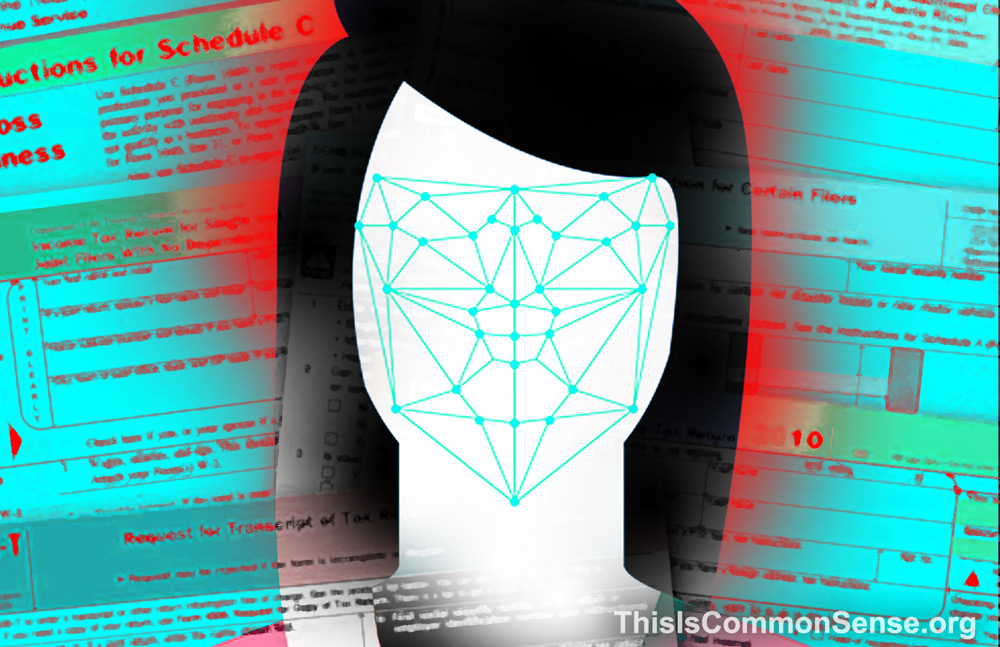Oberlin College in Oberlin, Ohio, helped students defame a local business, Gibson’s Bakery, as “racist.”
The two organizations were not strangers, however: Gibson’s Bakery had an agreement with Oberlin to provide baked goods to the school.
It all began when a black Oberlin student shoplifted wine from the bakery. When an employee acted to stop the shoplifter, the thief and two others attacked the employee.
The assailants were arrested. The shoplifter and the others later pled guilty.
But instead of protesting against the thief and his thuggish cohorts, Oberlin students turned against Gibson’s … for acting to stop the theft. College officials helped students conduct their protests and later issued an official statement expressing gratitude “for the determination of our students and for the leadership demonstrated by Student Senate” in launching the protests and smear campaign.
The college also suspended its contract with Gibson’s Bakery.
Oberlin College said that it would consider resuming the contract if Gibson’s agreed to drop charges. In a legal filing, Oberlin asserted that the bakery’s “archaic chase-and-detain policy regarding suspected shoplifters was the catalyst for the protests. The guilt or innocence of the students is irrelevant to both the root cause of the protests and this litigation.”
I guess protecting private property and defending ownership rights is “archaic” — it being so much more progressive to let thieves carry on their thievery.
But that’s not the law of the land. At least yet. A state appeals court has upheld a judgment against the college of $31 million — compensatory damages plus legal fees.
Progressives’ race-based undermining of property rights has lost — for now. Crime still doesn’t pay. And socialists can be reined in.
This is Common Sense. I’m Paul Jacob.
—
See all recent commentary
(simplified and organized)





